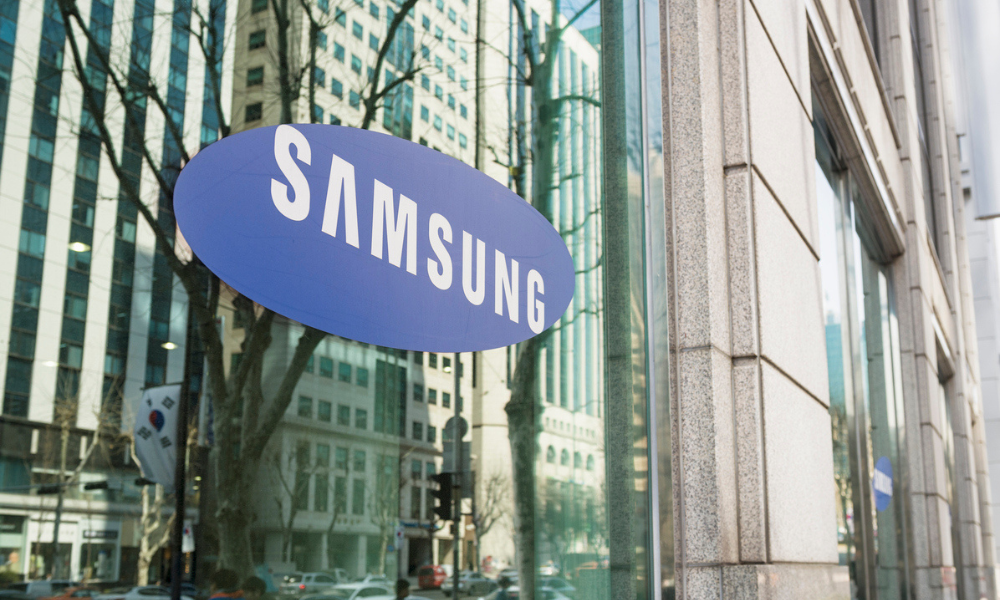Over the coming years, how will HR change amidst a whirlwind of new technology and business strategies? We talk to one global HR expert to find out.
When thinking about the evolution of HR, it is important to remember that HR’s primary function especially in sectors such as IT is to provide business support in a competitive and ever-changing environment, Christian Schmeichel, senior vice president and COO, global human resources at SAP, told HRD.
“Digitisation is more than just a buzz phrase,” he said. “It is imperative if you want to become and remain a premier destination for high-caliber talent in a dynamic high-tech world.”
This change is already underway, Schmeichel pointed out. In fact, a report by SAP and Oxford Economics, The Digital Transformation of People Management, found that 84% of HR personnel believe greater adoption of business analytics will dramatically affect how HR operates over the next three years.
The same paper found that the 2020 workforce will be increasingly flexible and diverse, he added.
“An influx of Millennial employees and contingent workers will require novel workforce development and management programs at companies worldwide.
“Talent management and retention becomes increasingly tricky and leveraging HR technologies will become an important part of the overall strategy.”
At SAP, Schmeichel said that HR was already on this path to evolution. Currently, 80% of the firm’s HR processes are within the cloud, creating simplified, scalable solutions that offer employees access to most HR services anytime, anywhere, he added.
“We maximise efficiency and control costs. At the same time, we leverage leading-edge technology to strengthen the “human touch”, eg by broad utilisation of video conferencing tools providing virtual face-to-face support from HR to SAP’s employees.”
For HR professionals who want to stay on top of these high-tech changes, it is important to strike a balance between functional expertise and essential soft skills, he said.
“While different roles in HR will also require different skill-sets, we see a general trend towards increased importance of business acumen, being tech savvy and the ability to leverage data.”
Furthermore, excellent problem solving and analytical skills plus heightened cultural sensitivity are essential for any HR practitioner who wishes to succeed in an international context.
“The speed of technological change will not decrease and this is why a shift in mindset for us as HR professionals is key,” Schmeichel said. “In times of digitisation we all need to embrace change as the ‘new normal’ and establish a culture of continuous learning not only in the business we support but also in HR itself.”
Related stories:
2020 vision: Five key things HR should do for future change
Future technology: Are your staff present?
Adapt or die – the new generation game
“Digitisation is more than just a buzz phrase,” he said. “It is imperative if you want to become and remain a premier destination for high-caliber talent in a dynamic high-tech world.”
This change is already underway, Schmeichel pointed out. In fact, a report by SAP and Oxford Economics, The Digital Transformation of People Management, found that 84% of HR personnel believe greater adoption of business analytics will dramatically affect how HR operates over the next three years.
The same paper found that the 2020 workforce will be increasingly flexible and diverse, he added.
“An influx of Millennial employees and contingent workers will require novel workforce development and management programs at companies worldwide.
“Talent management and retention becomes increasingly tricky and leveraging HR technologies will become an important part of the overall strategy.”
At SAP, Schmeichel said that HR was already on this path to evolution. Currently, 80% of the firm’s HR processes are within the cloud, creating simplified, scalable solutions that offer employees access to most HR services anytime, anywhere, he added.
“We maximise efficiency and control costs. At the same time, we leverage leading-edge technology to strengthen the “human touch”, eg by broad utilisation of video conferencing tools providing virtual face-to-face support from HR to SAP’s employees.”
For HR professionals who want to stay on top of these high-tech changes, it is important to strike a balance between functional expertise and essential soft skills, he said.
“While different roles in HR will also require different skill-sets, we see a general trend towards increased importance of business acumen, being tech savvy and the ability to leverage data.”
Furthermore, excellent problem solving and analytical skills plus heightened cultural sensitivity are essential for any HR practitioner who wishes to succeed in an international context.
“The speed of technological change will not decrease and this is why a shift in mindset for us as HR professionals is key,” Schmeichel said. “In times of digitisation we all need to embrace change as the ‘new normal’ and establish a culture of continuous learning not only in the business we support but also in HR itself.”
Related stories:
2020 vision: Five key things HR should do for future change
Future technology: Are your staff present?
Adapt or die – the new generation game





